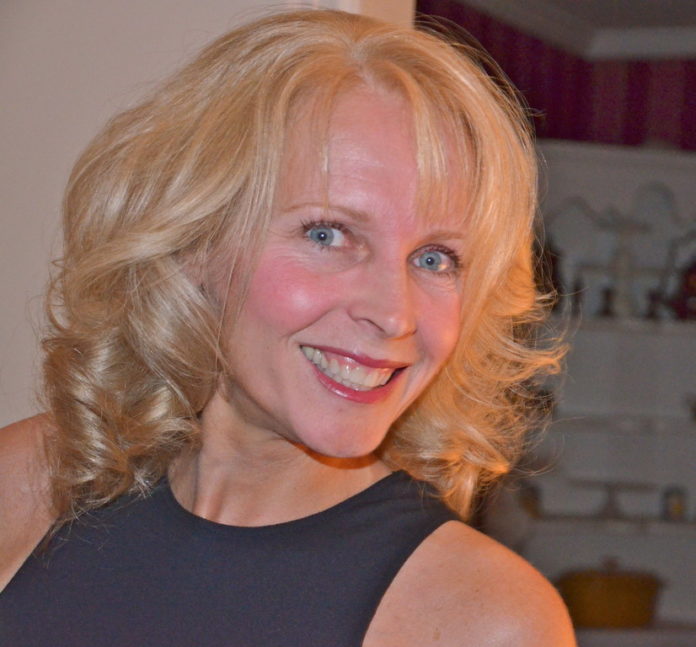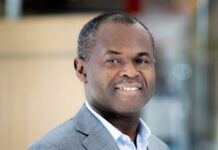Patty Weltin is president of the Rhode Island Disease Foundation and mother of Olivia, a now 15-year-old who was diagnosed, after doctors initially thought she had eczema, as a toddler with Hypermelanosis of Ito, a genetic disease that can cause streaked, whirled or mottled patches of light-colored skin and can affect the central nervous system and cause musculoskeletal defects.
Weltin estimates that about 120,000 Rhode Islanders are living with a rare disease, defined by the Rare Disease Act of 2002, as an illness or condition that affects about one in 1,500 people. The foundation was formed in August 2011 and granted nonprofit status last February.
PBN: Your daughter’s diagnosis was made after your diligence and perseverance resulted in her getting seen by a specialist. How crucial is it for parents to be advocates for their children’s health?
WELTIN: It is imperative for parents to be a child’s advocate. There are so many factors that come into play when your child has a rare disease. Getting correctly diagnosed can take years and it has been proven that getting early access to treatments can greatly affect the quality of life for the patient. Parents, like me, often are so in tune to their child they know they are not getting a correct diagnosis. Some parent’s advocacy efforts have led to treatments for some very rare disease. I think patients and doctors recognize that everyone needs to be involved. In that regard, things are changing for the better.
PBN: What is the greatest challenge in bringing awareness to rare diseases? Is there a tendency to overlook them because they affect a small number of people when compared to other genetic disorders?
WELTIN: Awareness is the first step to change. When you are dealing with 30 million Americans affected by 7,000 different diseases, it is nearly impossible to raise awareness. The National Organization for Rare Disorders has been round for 25 years [and] they have done a wonderful job advocating on behalf of the rare disease community, but awareness has been a difficult obstacle. That’s why I founded a state-based non-disease specific foundation. We all face the same issues: lack of awareness, misdiagnosis, insurance reimbursement and feelings of isolation. We are a unique community that has been overlooked too long. By banding together, our numbers become greater and our voices become heard.
PBN: What awareness fundraising/campaigns are you working on right now?
WELTIN: Right now we are working on a T-shirt campaign that will not only raise awareness but provide funding for our big awareness event, World Rare Disease Day. We have started a program called the R.A.R.E. Program [RIRDF Advancing Rare Disease Education.] We are working with a couple of local schools to bring rare diseases into the classroom. These kids are the future doctors, researchers, scientists, teachers and parents. Right now rare diseases don’t get the attention they could in schools. If we can that, we can change the next generation’s perspective toward rare diseases.
PBN: What is the goal of World Rare Disease Day?
WELTIN: The goal is about awareness, education, hope and inspiration. Rare Disease Day is recognized worldwide on the last day in February every year. This is our big day to get word out there. Last year, we had 150 people in attendance and that was the night of the only snow storm we had last season. If the weather cooperates we hope to have 400-plus people at the event in 2013. This event is funded by the foundation and is free to anyone who wishes to attend. If we can get the word out we may have one of the largest events in eh world. Imagine the smallest state in the country having the largest event in the world.
PBN: You mentioned a school awareness program. Are there possibilities of partnering with local hospitals for outreach?
WELTIN: Another goal of the foundation is to work on a program that we can bring to the hospitals and doctors to help them better diagnose rare diseases. There are resources out there that many doctors are unaware of. It isn’t reasonable to believe that every doctor is aware of the 7,000 rare diseases and their subsets, but when a patient comes in who isn’t easily diagnosed; it’s time to get out of the comfort zone and start considering a rare disorder. Many times a wrong diagnosis happens because the doctor is trying to force a square peg into a round hole because the round hole is their specialty. We hope to change that.











